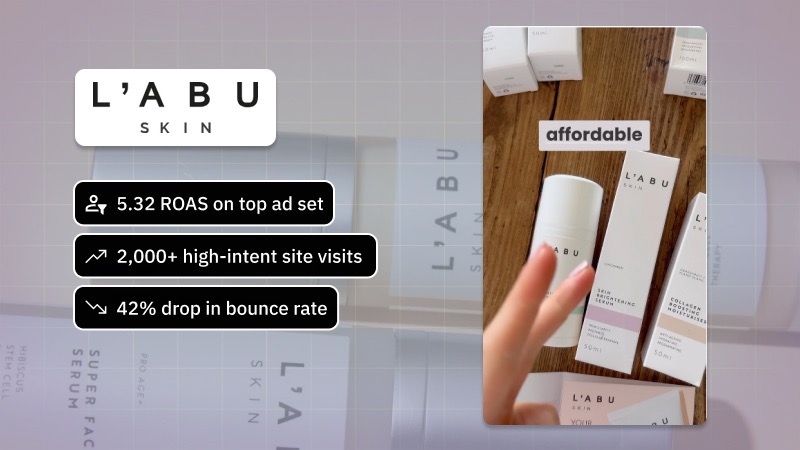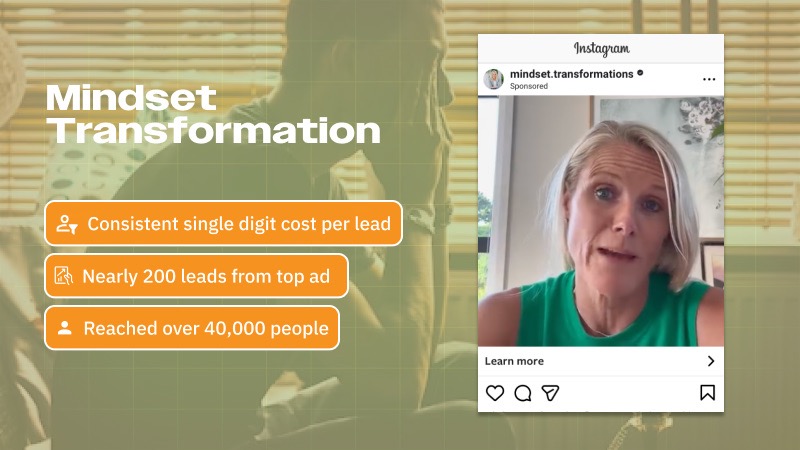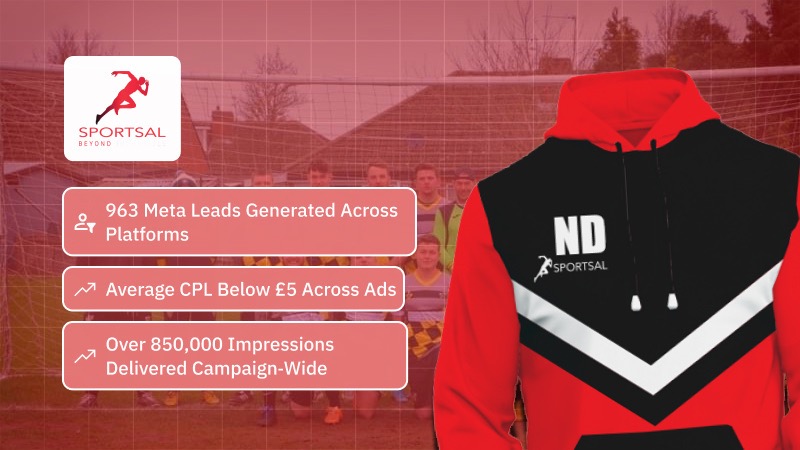Boost your brand with Soudcoh — expert audio solutions that get you heard!

Social media and SEO may seem like separate digital marketing tools, but they’re more connected than most people realise. While social platforms aren’t direct ranking factors for search engines, their influence significantly impacts your SEO efforts.
At its core, social media enhances SEO by increasing the visibility and reach of your content. When people engage with and share your content across platforms like Facebook, LinkedIn or Instagram, it can generate more traffic to your website. This uptick in traffic signals to search engines that your content is valuable, which can contribute to improved search rankings over time.
Social profiles also rank in search engine results, especially for branded queries. Having active, optimised social media accounts can help dominate the first page of results, pushing down less relevant or negative content. Additionally, content shared on social platforms can earn backlinks from other websites if it catches the attention of publishers or bloggers, indirectly boosting your site’s domain authority.
Another key connection is engagement. High levels of interaction on social posts—likes, shares, comments—imply relevance and popularity, which can influence how often your content is indexed or discovered by users. This consistent interaction keeps your brand front of mind, feeding into a cycle of visibility that benefits your SEO efforts in the long term.
Optimising your social media profiles might seem simple, but it plays a vital role in improving your search visibility. A well-crafted profile not only attracts followers but also helps your content rank higher in search engine results.
The first step is to ensure consistency across all your social profiles. Use the same username, profile photo, and company name on each platform to build brand recognition and help search engines associate all your accounts with your business. Include relevant keywords in your bio and descriptions where appropriate—this makes it easier for both users and search engines to determine what your brand offers. Think of it like on-page SEO for your social presence.
Your profile should also include a link to your website and any other important pages, such as your blog or landing pages. These links not only drive direct traffic but also contribute to your website’s authority over time. Platforms like LinkedIn offer additional indexing opportunities since Google often crawls long-form content and profiles posted there.
Maintaining active and updated profiles contributes to your overall trustworthiness in the eyes of both users and search engines. Regularly refreshing your content, updating company information, and keeping profile and cover images current shows that the account is active and managed, which can positively influence your visibility in search results.
Creating shareable content is essential to increasing your reach and driving traffic from social media to your website. The more your audience shares your content, the greater your potential to appear in search results and attract organic traffic.
To craft content that resonates with your audience, focus on value, relevance, and emotion. Content that educates, entertains or inspires tends to perform best on social media platforms. Think tips, how-tos, original research, or compelling stories. Visual elements like eye-catching images, infographics, and short videos can significantly boost engagement and shareability, especially if they're tailored for platform-specific preferences.
Another key factor is timing and consistency. Posting when your audience is most active improves visibility, while maintaining a regular schedule builds familiarity and trust. Pair this with strong, concise captions and clear calls to action encouraging users to engage, comment or reshare. Don't underestimate the power of user-generated content or crowdsourcing ideas from your community – it not only increases shares but also builds a sense of belonging.
Don't forget to optimise your posts for mobile users, who make up the majority of social media engagement. Use short paragraphs, punchy headlines and mobile-friendly formats to keep users scrolling. By combining strategic timing with thought-provoking, visually driven content, you'll increase your chances of going viral while simultaneously boosting your brand's visibility in search engines.
Influencers and brand advocates can significantly amplify your content's reach and engagement, both of which are valuable signals for search engines. Tapping into their networks not only increases visibility but also builds authority and trust for your brand online.
Partnering with influencers who align with your brand values can lead to content shares across high-traffic social platforms. These shares can generate more clicks, increase dwell time on your website, and drive referral traffic, all factors that indirectly support improved SEO. Additionally, when an influencer links back to your content from a blog or other platform, it may also contribute to your backlink profile — a key component of search engine rankings.
Brand advocates, whether they’re loyal customers or passionate employees, offer authentic promotion that can enhance your brand’s credibility. Their organic mentions and shares across social media contribute to broader audience exposure and can stimulate more branded searches, which in turn influence search engine algorithms. Unlike sponsored influencer posts, these endorsements often feel more genuine to users and can spark meaningful engagement.
Encouraging user-generated content through branded hashtags, competitions, or campaigns can expand your social footprint while placing SEO-boosting content into the hands of your audience. When handled strategically, working with influencers and brand advocates creates a feedback loop where increased online visibility bolsters your SEO — and stronger SEO makes it easier for people to discover and engage with your brand in the first place.
Analytics play a crucial role in fine-tuning your social SEO strategy. By tracking performance data across your platforms, you can identify what’s working and what isn’t, ensuring your efforts are targeted and effective.
Start by monitoring metrics such as engagement rates, click-through rates, keyword performance, and traffic sources. Tools like Google Analytics, Facebook Insights, and Twitter Analytics provide in-depth reporting that reveals how users interact with your content. Look closely at what types of posts are driving the most traffic to your website and which keywords are generating interest from your audience. This allows you to understand user behaviour and adjust your content to better match their search intent.
Over time, patterns will emerge that can guide improvements in your strategy. For example, you may discover that video content performs better than images, or that posts made in the morning on weekdays attract more clicks. These insights help you optimise your posting schedule, content format, and even the language you use. Additionally, by comparing performance across different platforms, you can determine where to focus your resources for maximum SEO benefit.
Refining your social SEO strategy with analytics isn’t just about chasing the highest numbers. It’s about making data-driven decisions to build a strong online presence. As you continue to evaluate and tweak based on your analysis, your content becomes more aligned with what your audience wants—leading to higher visibility in both social feeds and search engines.
Whether local or global, we help your brand rise in search.


